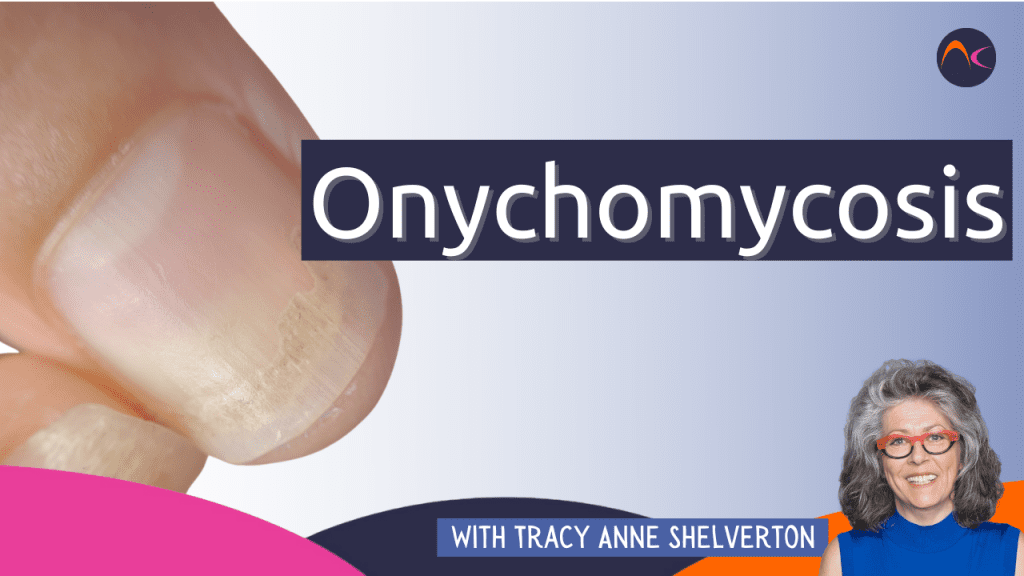Onychomycosis is caused by an opportunistic fungal pathogen.
When our guardian seals are no longer sealing our nail units (toes or fingers) or our skin is compromised in some other way, then the dormant fungi grab their chance to develop in their newfound host. (Fungi can be dormant for up to 15 months)
As is the case with most things nail-related, prevention works more efficiently than a (time-consuming) cure.
Testing for fungal infections
The only sure way to know if you have a fungal infection is to test for it. A small piece of nail biopsy is a sure way to get a diagnosis. It is always possible to get a podiatrist to request a lab test. The advantage of knowing for sure is saving money, and also being able to treat the onychomycosis with the most effective medication for the best result.
Prevention
Healthy fingernails and toenails are essential. When our guardian seals are intact the chance that fungi, yeast, or bacterial infections occur is much less likely.
Oils and lotions for our hands and feet are important. Check with your mama, papa, brother and sister, aunt or uncle, maybe even grandma or grandpa, can they reach their feet and toes? If not, can you be of assistance? Five minutes of your day can make a real difference for someone else’s feet. Always wear gloves when handling other people’s feet – just in case.
Wearing bath slippers in the shower areas of the sports club and swimming pool is a smart move. Wear clean socks that absorb moisture well, and shoes made of breathable materials. Machine drying them after wearing them is a really good thing. If you do get a mycosis infection, you will need to wash all of your socks, stockings, and tights at 60C, or throw them away. Your shoes will also need to be disinfected or thrown away. Not doing this (because it’s a really expensive thing to have to do) is the Nr 1 reason for re-infection of a toe mycosis!
Artificial nail products
At the risk of sounding totally unreasonable, applying artificial nail products of any kind on infected nail plates is not something that a professional nail tech should do. It can cause even more damage to the nail plate, a more severe infection, and/or trigger other nail-product-related allergies.
But …. We do understand the customer’s need to disguise or reconstruct these ugly nail plates. So get smart, use a protective layer between the nail plate and the artificial nail product. Any kind of polymerized sticker that will adhere to the infected nail but is easy to remove and remodel the nail on that will do. There are quite a few good options for this. Use the clear coat, not the design coatings. It is better for your client and the infected nail. Plus it can be efficiently removed with oil or acetone without further nail damage when needed, and treatment can continue. But, even better than that, make an appointment now with your medical foot carer or podiatrist, and get your feet ready for the summer!
Read more about onychomycosis here:
–Onychomycosis
–The onychomycosis test is positive… Now what?
–White superficial onychomycosis
–I’m pretty sure my client has WSO


